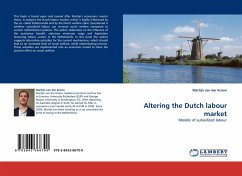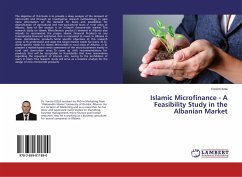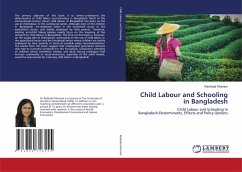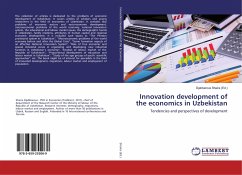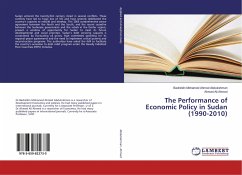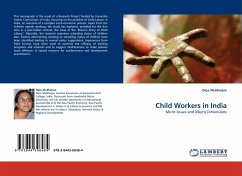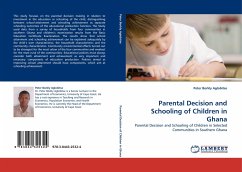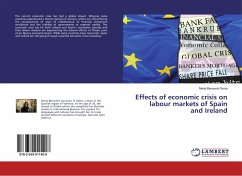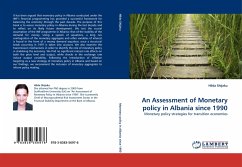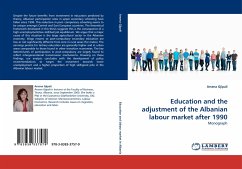
Education and the adjustment of the Albanian labour market after 1990
Monograph
Versandkostenfrei!
Versandfertig in 6-10 Tagen
52,99 €
inkl. MwSt.

PAYBACK Punkte
26 °P sammeln!
Despite the future benefits from investment in education predicted by theory, Albanian participation rates in upper secondary schooling have fallen since 1990. This reduction in post- compulsory schooling seems to be unique amongst Central and East European countries. The theoretical framework developed in this thesis suggests this is the consequence of a high unemployment/low skill/bad job equilibrium. We argue that a major cause of this situation is the large agricultural sector in the Albanian economy. Wage returns to post-compulsory secondary education are low or not significantly differen...
Despite the future benefits from investment in education predicted by theory, Albanian participation rates in upper secondary schooling have fallen since 1990. This reduction in post- compulsory schooling seems to be unique amongst Central and East European countries. The theoretical framework developed in this thesis suggests this is the consequence of a high unemployment/low skill/bad job equilibrium. We argue that a major cause of this situation is the large agricultural sector in the Albanian economy. Wage returns to post-compulsory secondary education are low or not significantly different from zero in rural areas (for males). The earnings premia for tertiary education are generally higher and in urban areas comparable to those found in other transition economies. The key determinants of participation in post-compulsory are largely found to reflect intergenerational transmission mechanisms. Drawing on these findings, our analysis concludes with the development of policy recommendations to target the movement towards lower unemployment and a higher proportion of high skill/good jobs in the Albanian labour market.



